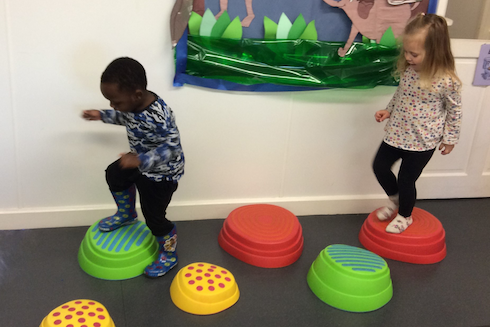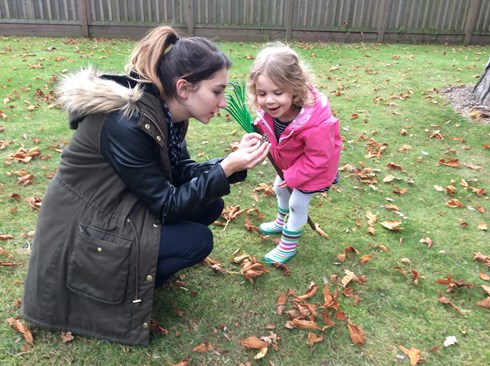EducationPlay is the highest form of research- Albert Einstein Tell me and I'll forget; show me and I may remember; involve me and I'll understand- Benjamin Franklin Children’s first experiences are key to their development. There are many different ideas on how children learn and what we can do to support that learning to ensure they have the best start in life.
Our experienced Managers and specialist in-house Early Years Team constantly reflect on our practices. Together they ensure that we research, openly discuss and understand any changes and developments in Early Years Education. It is through this experience, aspiration and dedication that we provide our children with the best possible start to their education. Guidance and Parental InputThe Early Years Foundation Stage document “Development Matters” is our guide to ensuring children are meeting key milestones in their learning and development. We use this to help us regularly review our children’s progress and plan how to further their learning in the future. There can be differences in the learning we see here at nursery and the learning parents and carers see at home. To make sure we gain a full understanding of each individual child’s development, it is vital that parents and carers play an active role in this process. Parental involvement is sought from the very first day a child is with us. We have two Settling In Sessions that allow parents to discuss their child’s learning and experiences at home with their key worker. Thereafter, parents are invited to actively participate in the assessment of their child’s progress. Each term, parents are asked to complete “What to Expect, When” , a parent friendly version of the EYFS. We then use the parent assessment, alongside our own observations, to form a more rounded picture of each child’s development. The Learning JourneyOnce your child has settled in to life at ABC, we begin to record their progress in their individual Learning Journey files. These files will contain various observations, interactions, artwork and photos that will document your child’s time with us and the progress they are making. At the end of each term, keyworkers will use their detailed knowledge of a child, alongside their Learning Journey file, to assess their level of development. They will then use that information to identify strengths and weaknesses and to set ‘Next Steps’ which will support their continued learning.   How do Children LearnChildren learn in a variety of ways which are as unique as they are. The best way to ensure every child is achieving their full potential is to support their learning as individuals. We believe in letting children play and explore their individual interests, with Practitioners on hand to help them discover and to challenge them further. This approach, often referred to as ‘Free Play’ has proven to best support children’s learning as it is as flexible and unique as they are. It is also important that children learn key skills in order to benefit from adult led group learning. This is something we introduce to our children from an early age and we refine and nurture as they grow. Beginning in our Toddler Rooms , we provide short, group sessions of singing and stories. We build on these sessions by playing games together and helping our children to work alongside and even with their peers. Our Junior Rooms have short circle times where we say hello to our friends and enjoy adult led activities such as looking at the days of the week and weather. Our experienced Practitioners lead our Pre-school Rooms in specific ‘Group Times’ . Group Times not only support our children’s development in areas such as maths and literacy, they enhance their social and communication skills too. These skills become vital in order to effectively participate in group learning.
|